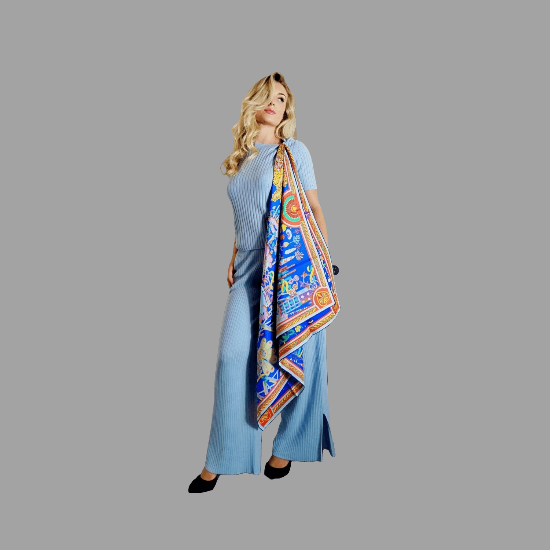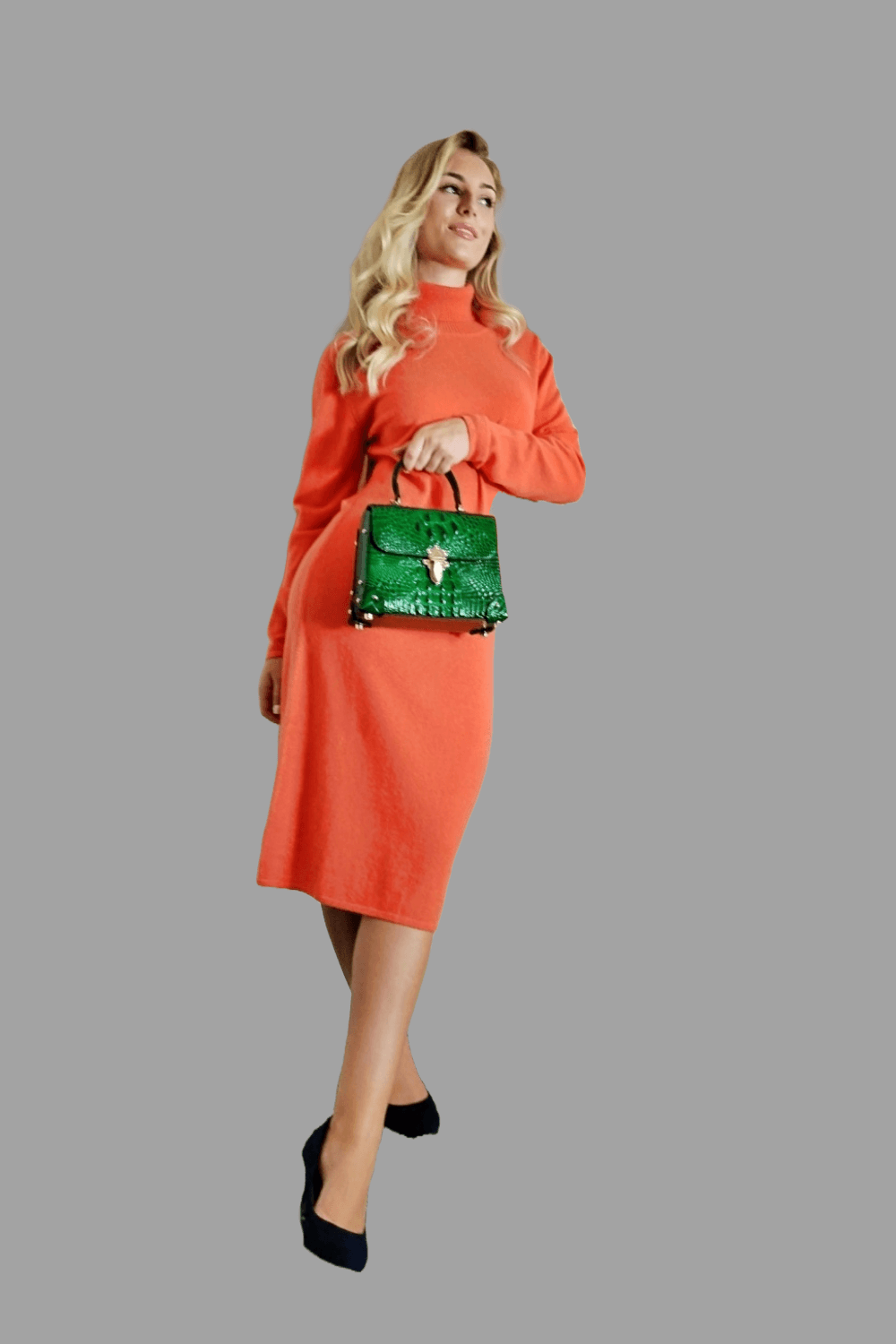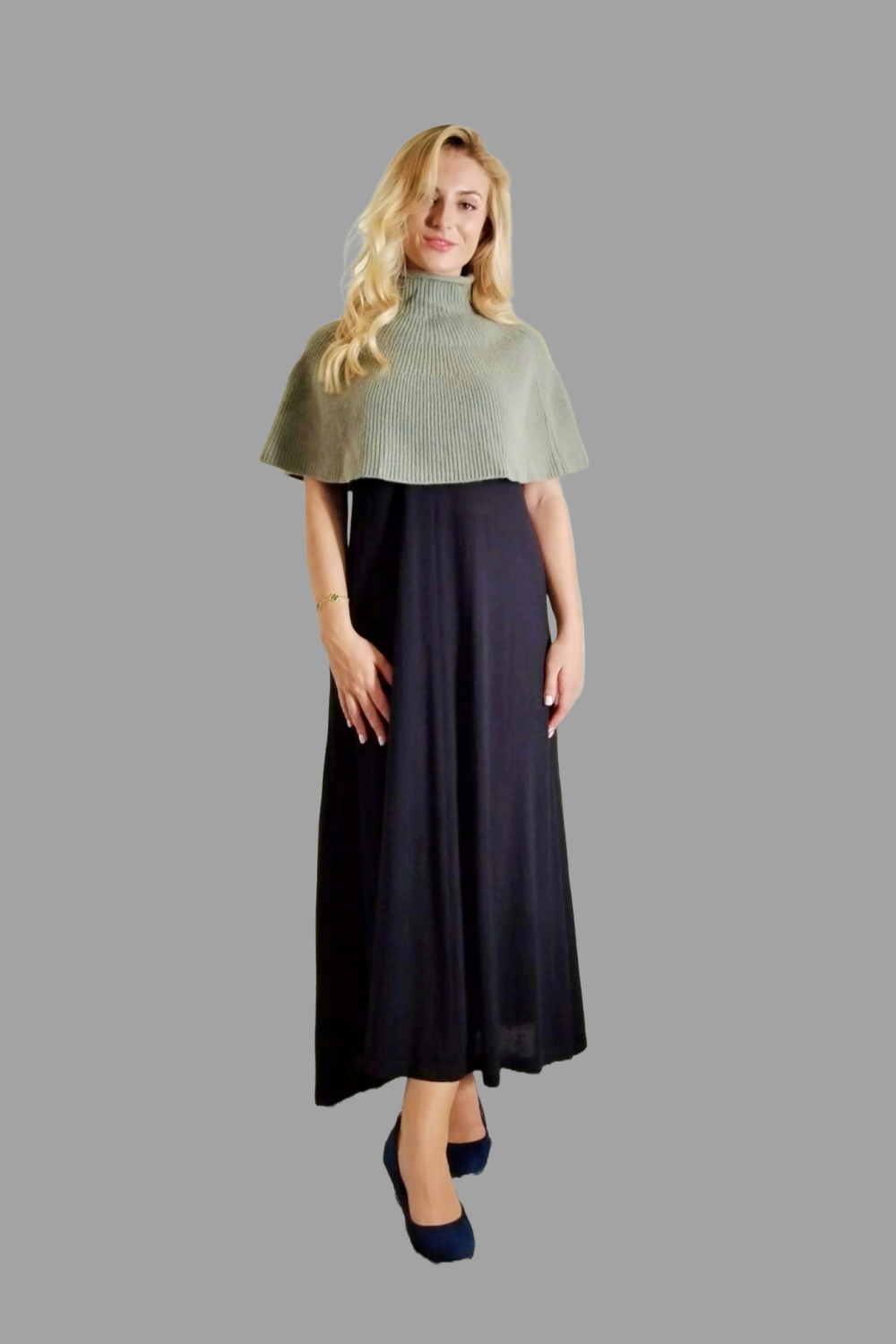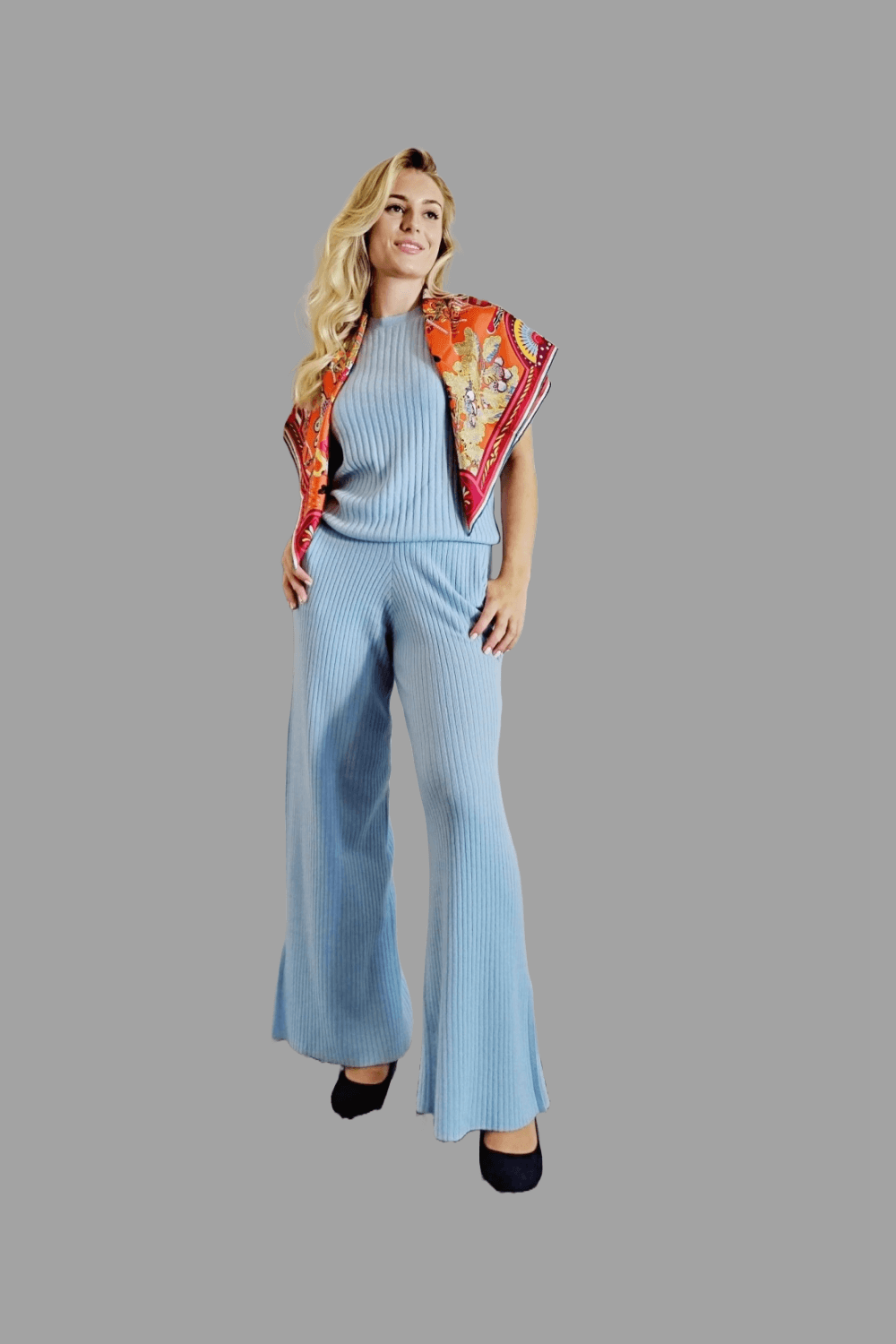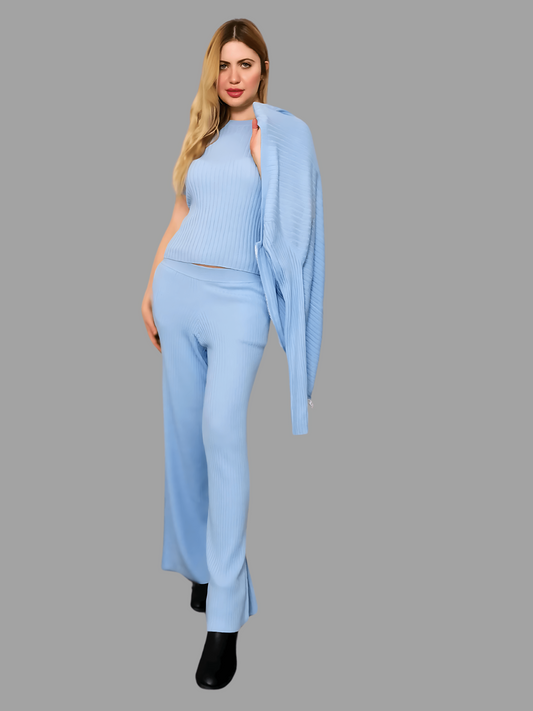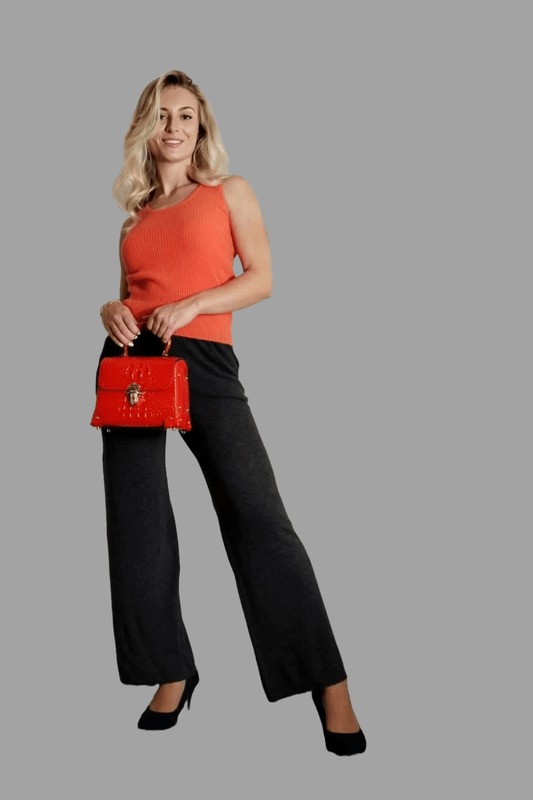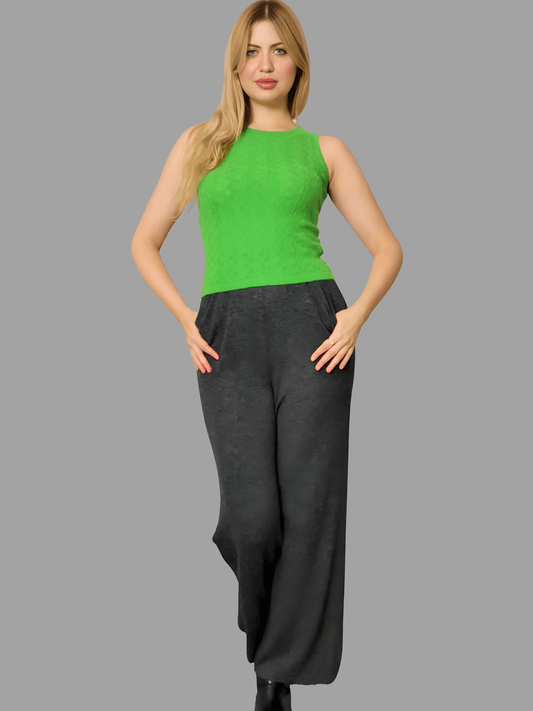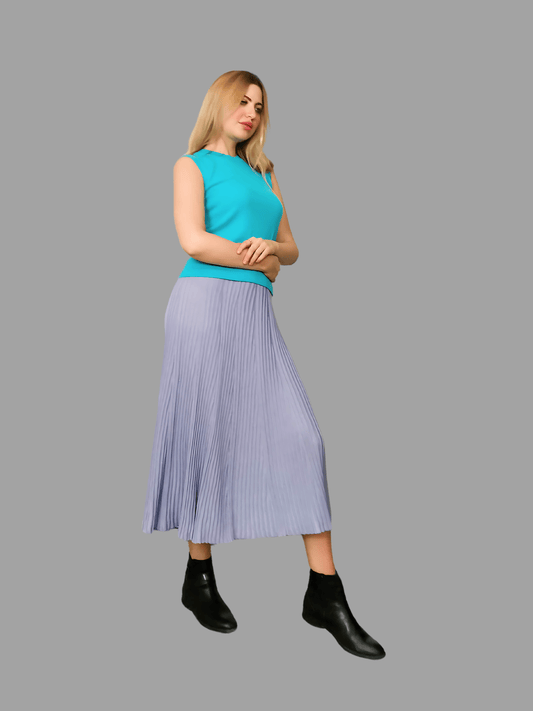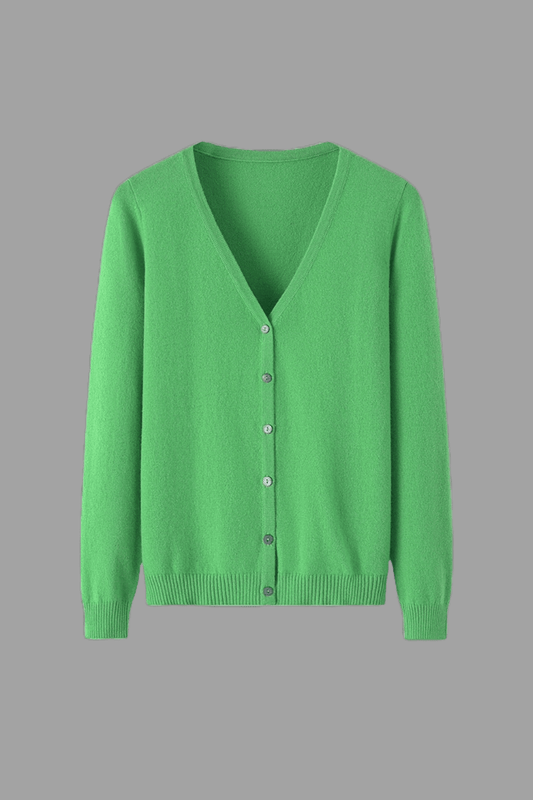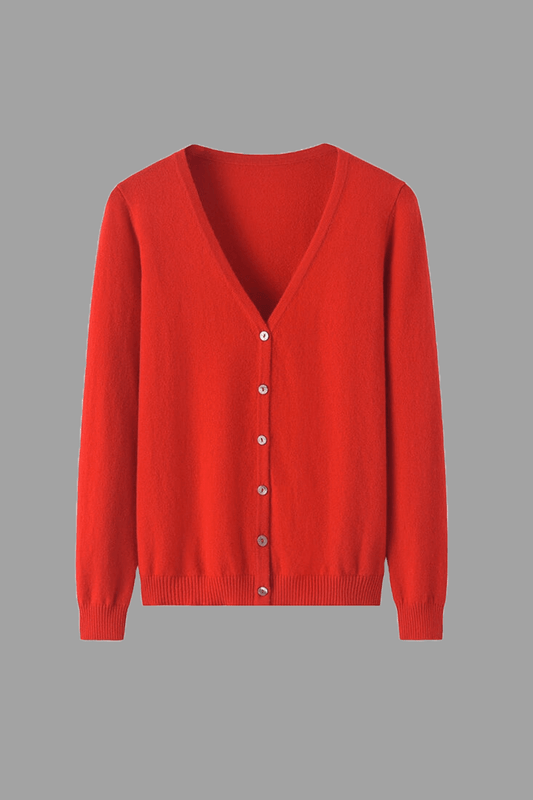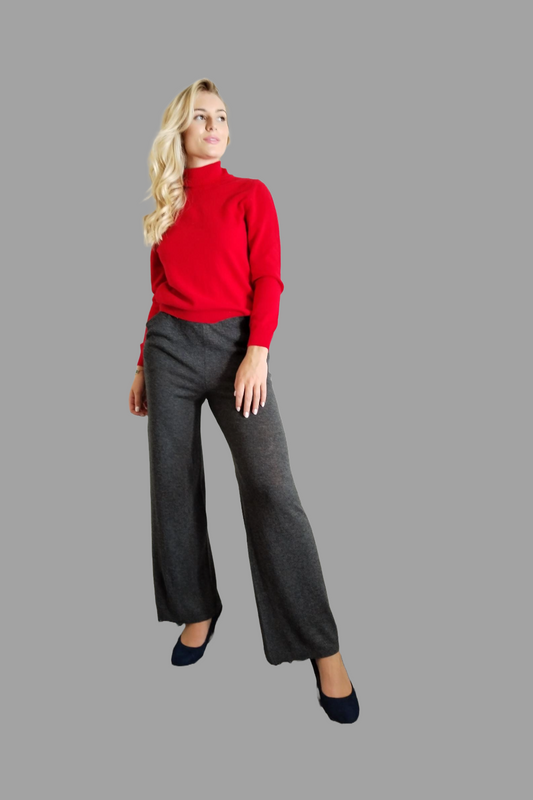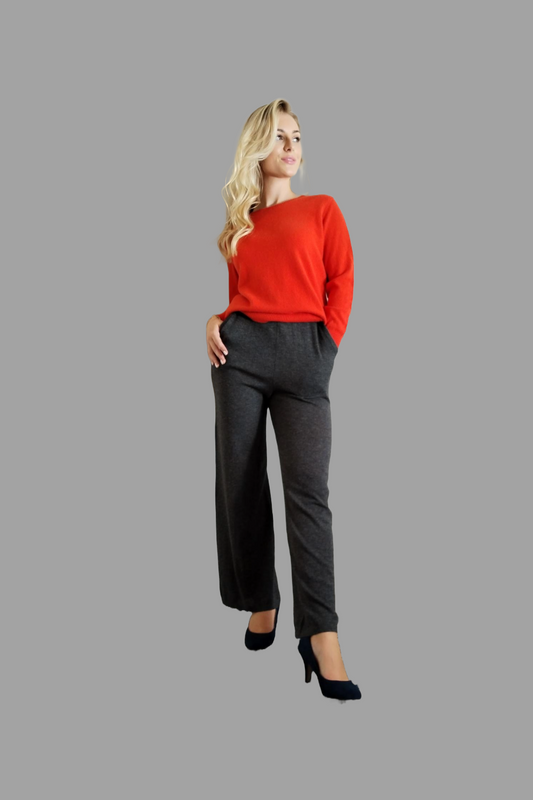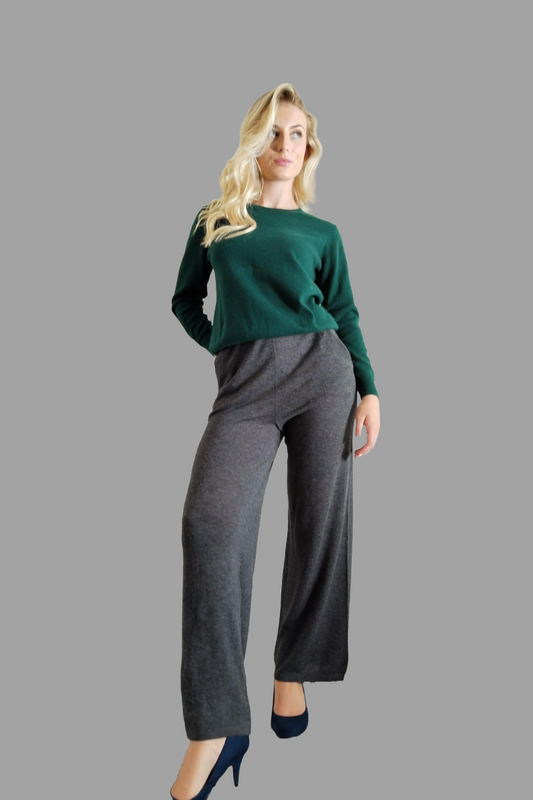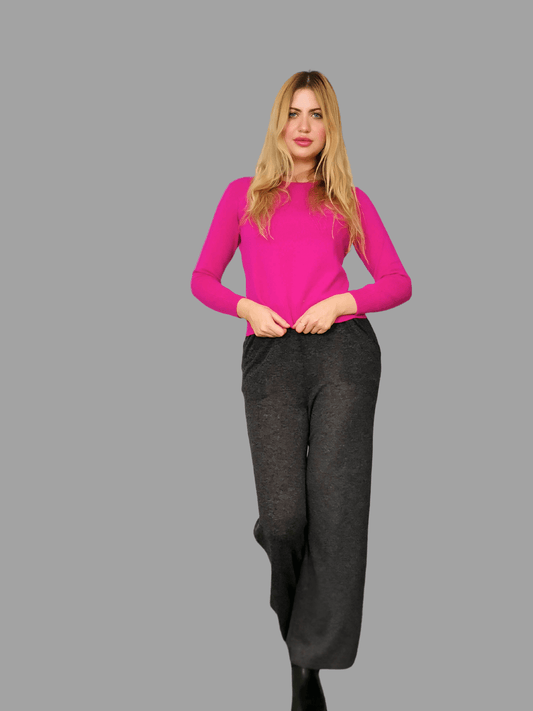Not all cashmere are of the same quality.
- In our 100% cashmere knitwear range, we exclusively utilize cashmere yarns that adhere to the highest industry standards.
- All our cashmere yarns are made from the Inner Mongolia cashmere goat known for producing the finest, the longest cashmere fibre.
This is what makes Vshine Silk and Shine cashmere sumptuously soft, wonderfully warm, cloud like lightweight, and luxuriously alluring, all at remarkable value.
Here is a list of the industry standards our cashmere yarns are exclusively selected on for our 100% cashmere knitwear range:

The Good Cashmere Standard is an independent standard for sustainable cashmere, developed by the Aid by Trade Foundation (AbTF). The standard aims to improve the welfare of cashmere goats, the lives of farmers and farming communities, and the environment in which they live1. The standard incorporates the Five Freedoms as defined by the Farm Animal Welfare Council and follows three main principles: promote animal welfare in cashmere production, support cashmere farmers to secure a sustainable source of income, and protect the environment2. The standard specifies a clear and comprehensive set of criteria for a sustainable cashmere production, including feed, water and nutrition, indoor/outdoor living environment, health, herd, breeding and kid management, physical alterations, combing and shearing, handling and transport, euthanasia and slaughter2. Regular checks are performed by independent auditors to monitor compliance with these criteria1. The Good Cashmere Standard is currently focused on the cashmere farms of Inner Mongolia, an autonomous region of northern China, which is China’s leading producer of cashmere1.
1: The Good Cashmere Standard 2: Our Standard - The Good Cashmere Standard
The Global Recycled Standard (GRS) is a voluntary product standard that verifies and tracks the content of recycled materials in a final product1. It applies to the entire supply chain and covers traceability, environmental principles, social requirements, chemical content, and labeling1. The GRS certification demonstrates your commitment to using recycled materials and supporting a circular economy1. It helps reduce waste by transforming it into new products1. The standard also sets requirements for third-party certification of recycled content, chain of custody, social and environmental practices, and chemical usage2.

The Global Organic Textile Standard (GOTS) is a worldwide leading textile processing standard for organic fibers1. It covers the processing, manufacturing, packaging, labelling, trading, and distribution of all textiles made from at least 70% certified organic natural fibers2. The standard ensures that textiles certified to GOTS meet stringent ecological and social criteria throughout the entire textile supply chain1. It provides a credible assurance to consumers that the products they purchase are environmentally friendly and socially responsible1. For more information, you can visit the GOTS website.
- Sustainable Fibre Alliance

The Sustainable Fibre Alliance (SFA) is a non-profit international organization that works with the extended cashmere supply chain to promote a global sustainability standard for cashmere. The SFA aims to preserve and restore grasslands, ensure animal welfare, and secure livelihoods1. The organization connects livestock herders to brands and retailers in the global fashion industry and encourages the adoption of responsible sourcing and production practices that benefit people, livestock, and the environment2. The SFA Cashmere Standard outlines five global principles for responsible cashmere production: effective management, decent work, biodiversity and land use, animal welfare, and fiber quality improvement2.
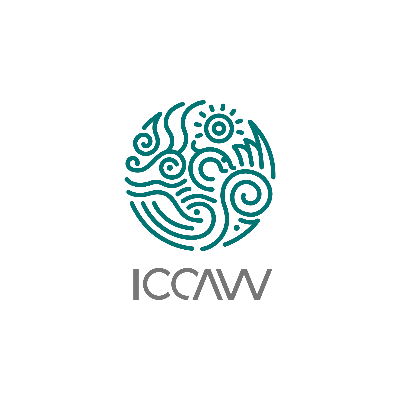
International Cooperation Committee for Animal Welfare (ICCAW) is a Chinese non-profit organization that promotes animal welfare in China and globally1. ICCAW works with various stakeholders, including government agencies, industry associations, and animal welfare organizations, to develop animal welfare standards and guidelines, conduct research, and provide training and education1. ICCAW has partnerships with several international organizations, including the World Organisation for Animal Health (OIE), the International Livestock Research Institute (ILRI), and the Sustainable Fibre Alliance (SFA)1. ICCAW also collaborates with the Chinese Academy of Agricultural Sciences (CAAS), a national agricultural scientific research organization, to promote animal welfare research and education2.
For more information, you can visit the ICCAW website.
1: International Cooperation Committee for Animal Welfare (ICCAW) 2: Chinese Academy of Agricultural Sciences - Wikipedia

The OEKO-TEX Standard 100 is one of the world’s most well-known labels for textiles tested for harmful substances1. It is a voluntary product standard that verifies and tracks the content of recycled materials in a final product1. If a textile article carries the STANDARD 100 label, you can be certain that every component of this article, such as every thread, button, and other accessories, has been tested for harmful substances and that the article is harmless to human health1. The test is conducted by independent OEKO-TEX partner institutes based on their extensive criteria catalog1. The criteria catalogue is updated at least once a year and expanded with new scientific knowledge or statutory requirements1. The OEKO-TEX Standard 100 covers the entire supply chain and applies to all textile articles in every stage of processing1. The standard has different product classes, each with specific requirements and limit values1. The OEKO-TEX Standard 100 label is a symbol of trust and high product safety1.
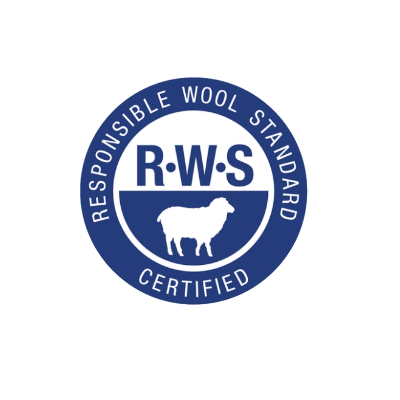
The Responsible Wool Standard (RWS) is an international, voluntary standard that aims to improve the welfare of sheep and the land they graze on1. The standard requires all sites involved in wool production, from farmers to sellers, to be certified1. RWS farmers and ranchers must meet animal welfare, land management, and social requirements1. The standard ensures the protection of animal welfare, land health, social welfare, and the maintenance of a strong chain of custody for certified materials1. Each stage in the supply chain is audited by a professional, third-party certification body1. Only products that meet all requirements may be labelled with the RWS logo1. The Responsible Wool Standard is managed with the input of farmers, animal welfare experts, land conservation experts, brands, and retailers from around the world1.
For more information, you can visit the Responsible Wool Standard page.
1: Responsible Wool Standard - Textile Exchange
